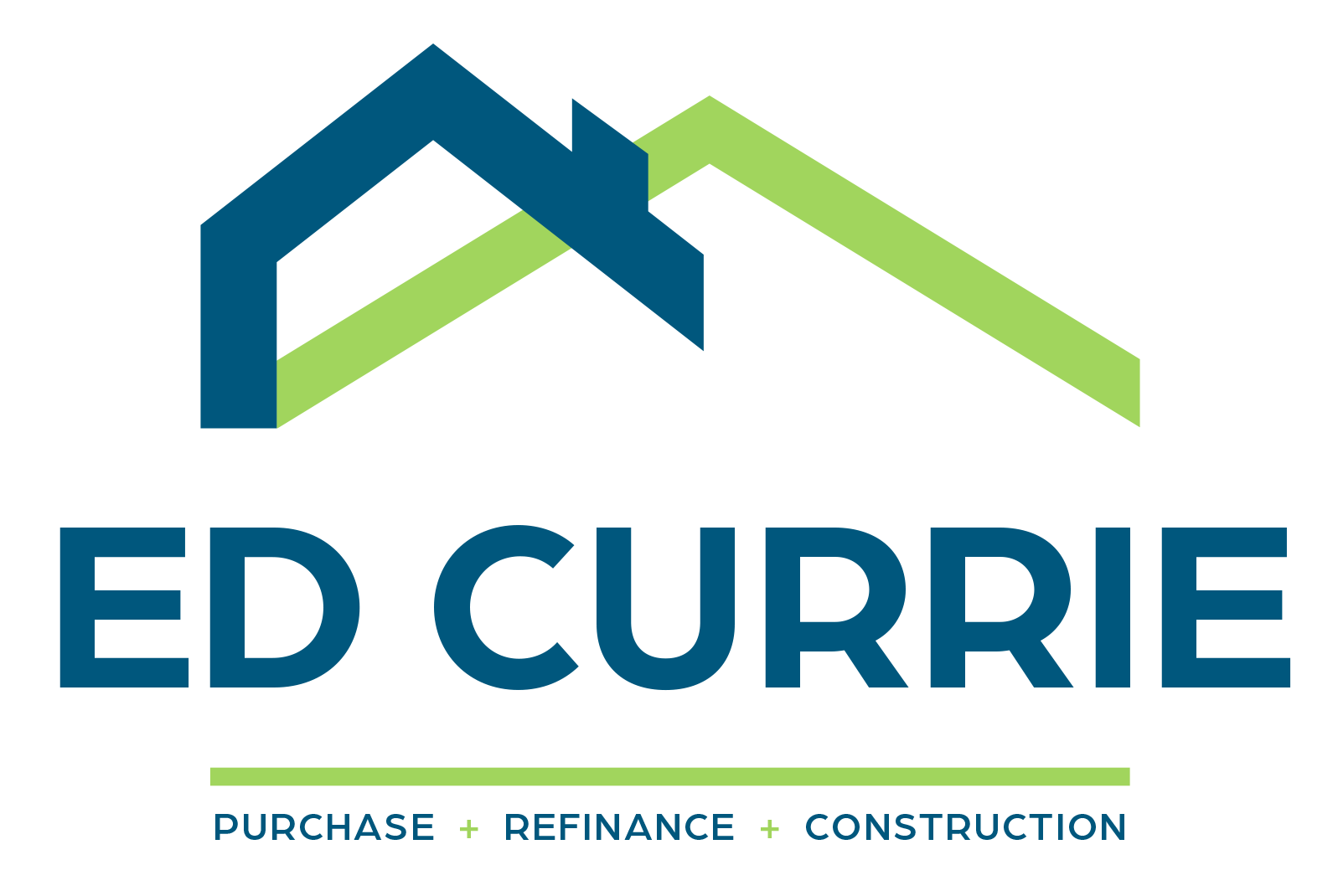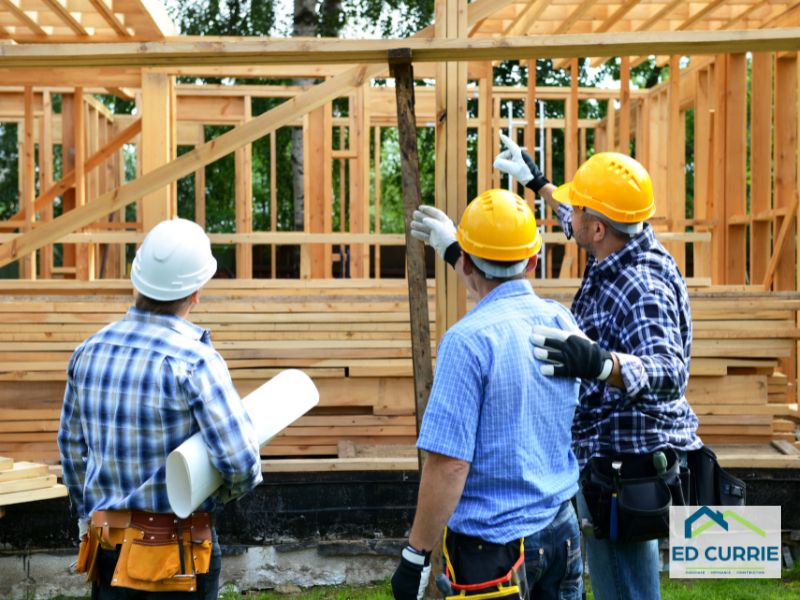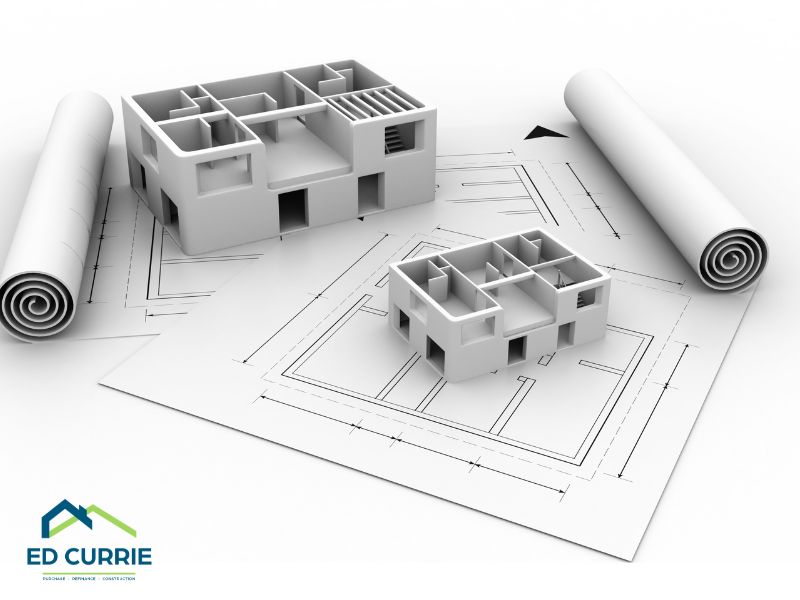 For homebuyers struggling to find the perfect existing home, purchasing a new construction home is an excellent alternative. There are three primary options when buying a new home: purchasing a fully built home, selecting a semi-custom home with pre-set finishes and upgrades, or designing a custom home to match your specific preferences.
For homebuyers struggling to find the perfect existing home, purchasing a new construction home is an excellent alternative. There are three primary options when buying a new home: purchasing a fully built home, selecting a semi-custom home with pre-set finishes and upgrades, or designing a custom home to match your specific preferences.
While buying new construction offers modern amenities and fewer immediate repairs, it requires careful consideration and planning. Here are ten essential tips to guide you through the process:
- Weigh the Pros and Cons Before committing to new construction, analyze its advantages and potential drawbacks.
Pros:
- No immediate repairs or renovations are needed.
- Modern design elements such as open floor plans and smart home technology.
- Energy-efficient materials that reduce utility costs.
- Customization options for finishes and colors before completion.
Cons:
- Generally more expensive than existing homes.
- Less architectural character compared to older homes.
- New communities may lack the established feel of older neighborhoods.
- Fewer opportunities for hands-on home improvement projects.
- Hire an Experienced Real Estate Agent A real estate agent with expertise in new construction can represent your interests and help navigate the complexities of builder contracts. Engage an agent before visiting model homes to ensure you have proper representation.
- Research the Builder’s Reputation Investigate the builder’s history, customer reviews, and any complaints. Connect with current homeowners in the community and inquire about their experiences. Your agent can also provide insights based on past dealings with the builder.
- Don’t Be Misled by Model Homes Model homes showcase high-end upgrades that may not be included in the base price. Request a list of standard features versus optional upgrades to understand what is actually included in your home’s purchase price.
- Negotiate Beyond Price Builders often resist lowering prices to maintain neighborhood values. Instead, negotiate for upgrades, closing cost assistance, or additional features at no extra charge. Research the builder’s willingness to negotiate for the best approach.
- Compare Lenders and Loan Options While builders often have preferred lenders, shop around for competitive mortgage rates and terms. If using the builder’s lender, inquire about incentives such as lower interest rates or closing cost assistance.
- Schedule a Home Inspection Even newly built homes can have defects. Hire an independent home inspector to identify potential construction issues before closing. This ensures that any necessary repairs are addressed before your builder’s warranty expires.
- Get Everything in Writing Verbal agreements hold no legal weight. Ensure that all negotiated terms, upgrades, and completion timelines are documented in your contract. A knowledgeable real estate agent can help review and finalize the paperwork.
- Secure a Completion Guarantee If purchasing a home that is still under construction, obtain a written completion date guarantee. Be aware that some contracts include clauses that allow delays due to permit approvals or supply chain issues.
- Understand Warranty Coverage Review what is covered under the builder’s warranty, including workmanship, materials, and third-party manufacturer warranties. Knowing your coverage will help you address any issues after moving in.
Purchasing a new construction home is an exciting opportunity to create a space tailored to your preferences. By following these smart tips and working with experienced professionals, you can make informed decisions and confidently navigate the process. Have questions? Give us a call. We are happy to help!




![EdCurrie_Logo White[Transparent] EdCurrie_Logo White[Transparent]](https://edcurrie.com/wp-content/uploads/elementor/thumbs/EdCurrie_Logo-WhiteTransparent-qybu3sjgpfhje9098uitv7fpt7os2hgn52gfy6ocx4.png)